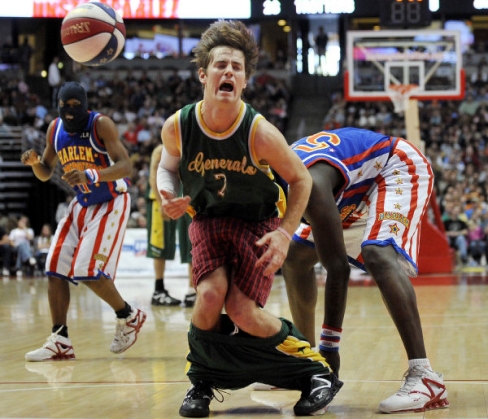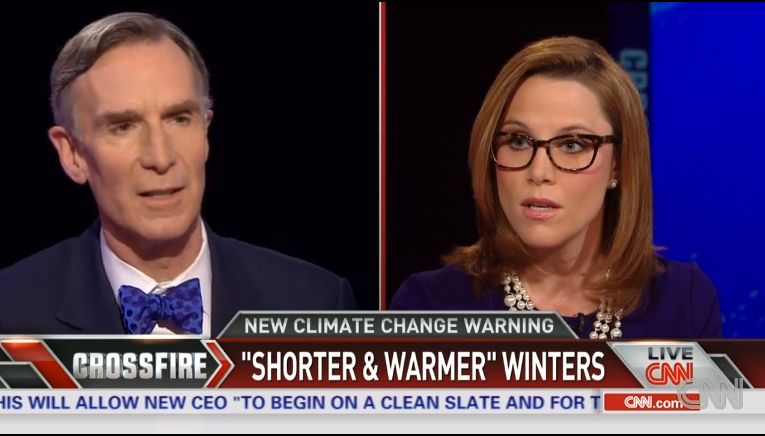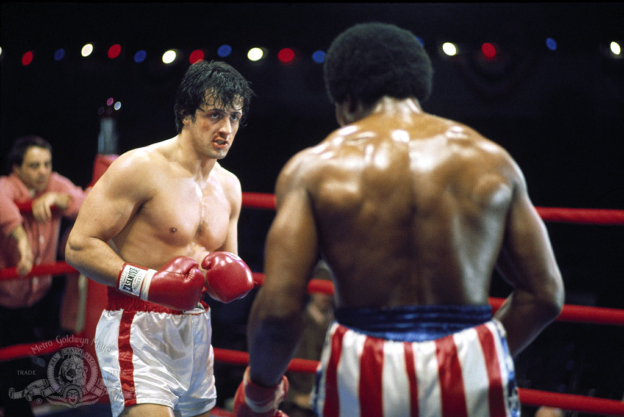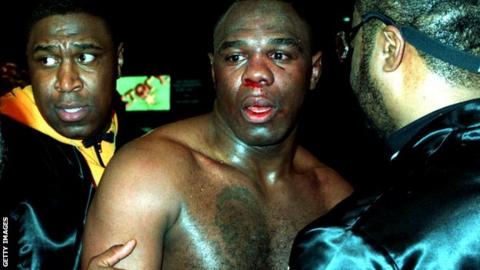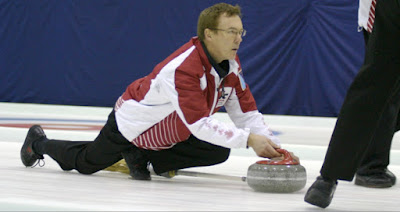Ricky Gervais flourishes in the awkward moment: the uncomfortable silence of a stiff conversation; a tasteless joke that lands with a thud; the boss who tries too hard to impress employees. That all-too-familiar discomfit works magically on his TV shows and his four stints hosting the Golden Globes, and less smoothly in his scripted films, which have a record of spotty box office performances.
Luckily, Gervais is back in his uncomfortable wheelhouse with After Life, a new series streaming on Netflix. The show bounces gleefully from hilarity to heartbreak, tenderness to tasteless, absurdity to absolutely inspired in this story about a widower trying to regain emotional balance in what is Gervais’ best role since he created The Office with Stephen Merchant.
Gervais plays Tony, who works on a free British newspaper in a small town, run by his exasperated but indulgent brother-in-law Matt (Tom Basden). Tony’s works the human interest beat, so it doesn’t help that, angry and depressed over the loss of his wife to cancer, he regards humanity as “a plague.” Reluctantly present at work and mildly suicidal outside of it, Tony is a mess at home, pouring cold cereal into a glass because all the bowls are dirty and eating it with water because he’s forgotten to buy milk. All that makes him happy is watching videos of late wife Lisa (Kerry Godliman) and walking his dog.
The tragedy leads Tony to a fateful decision — to do or say whatever he feels because nothing matters anymore (a similar motif to his 2009 film The Invention of Lying). While the film was a flop, the premise blends naturally with Gervais on the small screen, where his subtle comic timing is impeccable as he reports local “stories” about oddball townsfolk. And his everyday interactions with them are even funnier.
Tony has a spiny shell but a soft center (which could be said of Gervais’ work as a whole) and the show is a series of transgressions and apologies. Tony’s happiness has been replaced by frustrations, irritations, and hopelessness. Tony nearly loses his mind when a man eats his chips too loudly in a pub. He walks by a grade school, where he calls one kid a “tubby little ginger” and moves on, unfazed. When he’s mugged by two older kids, Tony doesn’t hesitate to punch one in the mouth — if they stab him, who cares? He’s got nothing left to live for.
Like The Office, After Life is brimming with delicious side characters — Gervais may be better at creating characters than playing one. Among them are advertising manager Kath (Diane Morgan), with whom Tony debates God, photographer Lenny (Tony Way), whom Tony compares to a cross between Shrek and Jabba the Hutt, and the remarkable Ashley Jensen (who was the soul of Extras) as the nurse caring for Tony’s father. There’s also the likable town junkie (Tim Plester), the friendly town “sex worker” (Roisin Conaty), and the nosy town postman (Joe Wilkinson).
The “stories,” too, are not only hilarious, but quite on the nose for small newspapers: A man who received the same birthday card from five people; a couple whose baby looks like Hitler (though only because they have painted a mustache on him and combed his hair forward); and a woman who sells rice pudding made with her own breast milk.
After Life stumbles in a couple areas, particularly grief. We feel for Tony not because he’s established himself as brokenhearted, but because he says so often how said he is. And Gervais uses a couple of his characters for weak strawman debates over his some of his favorite talking points, from atheism to coping with death to common public courtesy. Anyone familiar with Gervais’ humor will see bits of his stand-up routine in After Life.
The series’ intentions boil down to personal accountability and humanity’s responsibility to itself. Midway through the season, Tony is told the meaning of life: “All we’ve got is each other. We’ve got to help each other struggle through until we die, and then we’re done. No point in feeling sorry for yourself and making everyone else unhappy, too.” It’s a common message in the show, and occasionally sounds a bit like a Hallmark card. But that doesn’t make the sentiments any less true or Gervais’ work any less thoughtful and often compelling.




